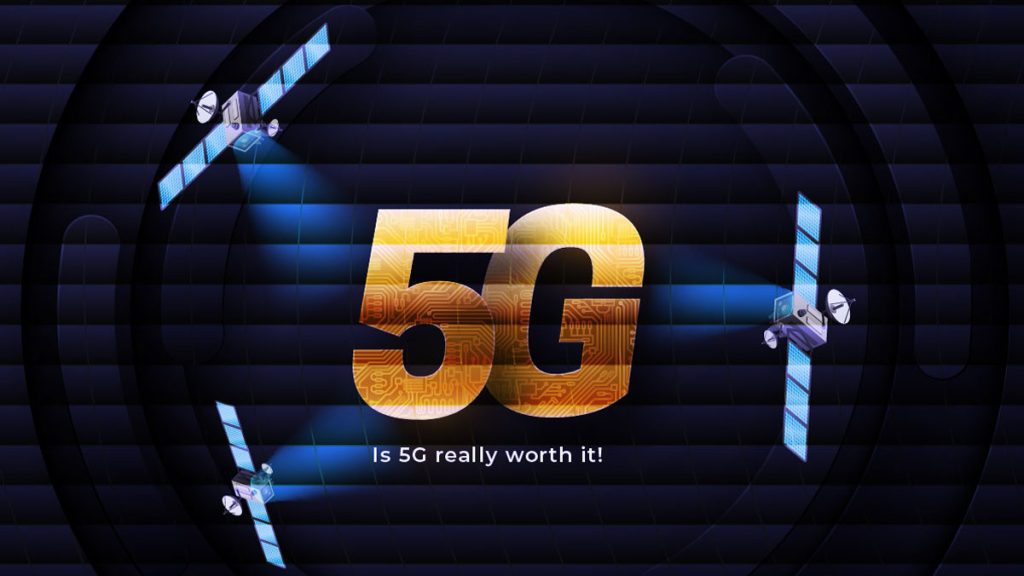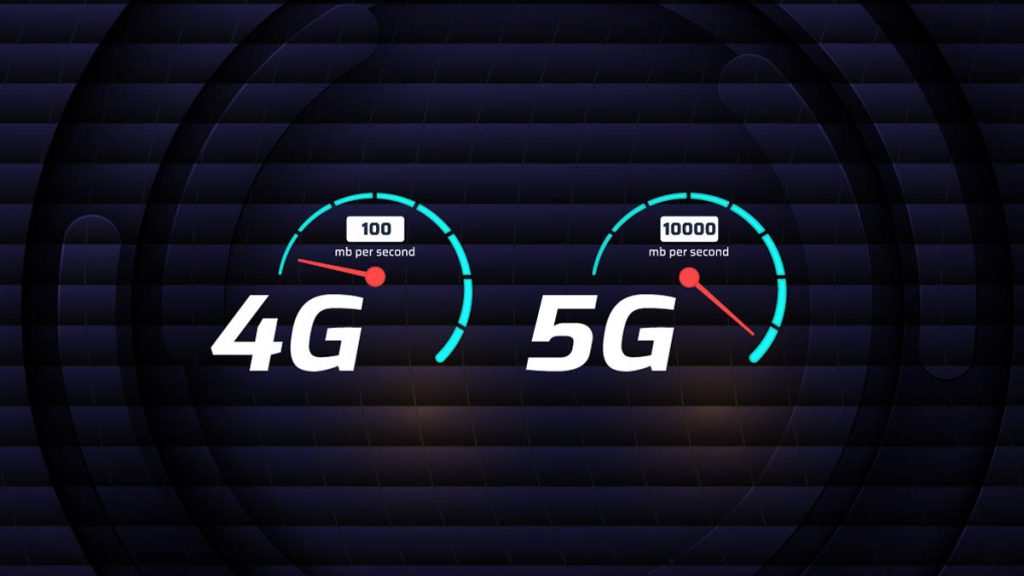
The development of fifth generation (5G) networks sparked anticipation across the globe. But, with rollout slower than initially forecast, whether-or-not 5G is all service providers hoped it would be is being thrown into question. Is 5G a worthwhile investment? Here, Hamish White, CEO of telecom solution provider Mobilise discusses, is 5G really worth it?
Compared to 4G networks, 5G offers far reduced latency to facilitate faster upload speeds. While it doesn’t completely eradicate 4G’s capacity challenge, it offers a much greater bandwidth. Up to one million devices can connect per square kilometre, providing a more reliable service in densely populated and high traffic areas. 5G subscriptions are predicted to jump to 1.3 billion by the end of 2022, compared to 540 million at the end of 2021, research from telecommunications analyst Omdia has found.
Offering 5G networks puts operators in good stance compared to their competition, as faster data speed becomes more important for consumers. In fact, the Five ways to a better 5G report by Ericsson found that 5G users are very likely to recommend their service provider’s brand to others, resulting in higher Net Promoter Scores (NPS). However, 5G remains an investment many service providers still ponder.
To 5G, or Not to 5G?
A challenge for many operators is that, while 5G brings benefits to consumers, a lack of mature use cases means these benefits are still difficult to communicate. This makes monetising 5G even harder. In fact, some mobile network operators (MNOs) that initially launched their 5G offering at a premium to their 4G services had to quickly revert their decision when 5G first launched, due to a perceived lack of customer value.
The reality is, implementing 5G is not cheap. The initial capital investment required to secure spectrum, radio access network and IT infrastructure is substantial. Furthermore, while research suggests that 5G uptake will skyrocket in 2022. Not all operators have the supporting infrastructure in place to reap its benefits. According to a study by Nokia, only eleven per cent of global 5G providers have an appropriate business support system (BSS) in place for effective 5G monetisation. The study also found that 98 per cent may need to alter their BSS in some way to meet the demands of 5G powered business models. And with that, comes more funding.

Therefore, creating effective monetization opportunities will be essential to ensure maximum return on both capital and organizational investments. Currently, the ROI isn’t there because users don’t see enough benefit. This is largely down to the maturity of most 5G use cases, which haven’t been happening long enough to help operators drive additional revenue.
Leveraging the Fifth Generation: Is 5G Really Worth It
It’s clear 5G is a sizeable investment. Its cost, paired with a still-maturing infrastructure, is enough to make any operator second guess their priorities. But 5G will, without doubt, become a necessity for all service providers. There’s roughly a decade left until 2G and 3G become obsolete, so it’s a matter of time before 5G becomes an essential. However, for those debating on whether to adopt now or later, considering the additional technologies that 5G can complement is an important thought. While not an enabler of embedded SIM (eSIM) technology, facets of 5G could certainly support several of its use cases.
From a consumer perspective, a major benefit of 5G is for gaming due to its latency boon. With almost instant connectivity, 5G’s lack of lag could massively enhance the capability for mobile gaming. Here, the eSIM advantage comes into play. Multiple subscriptions can be accessed on a single eSIM-capable device, allowing consumers to swap as required. In this example, eSIMs could be used to enable a consumer to use a 5G data package for mobile gaming, and then switch back to a day-to-day 4G plan for more casual data usage. With this in mind, almost any application that can benefit from 5G could therefore be used in conjunction with eSIM, with the user able to seamlessly switch mobile plans depending on their needs.
The benefits of 5G for the consumer are evident. However, whether 5G is a worthy investment for operators right now remains in question. Operators, particularly smaller service providers, should consider the additional competitive advantages 5G can facilitate if they’re still considering whether it’s worth it. That could mean its ability to enable eSIM technology, or a myriad of other benefits we’re still uncovering.
About Mobilise
Mobilise is a leading provider of SaaS solutions to the telecommunications industry. Focused on delivering highly engaging digital-first service propositions with excellent customer experience, Mobilise has a proven track record, deep industry knowledge and a team of specialists to support clients to building and executing transformational strategies.
Clients range from large corporate organisations with over 100,000 employees to small enterprises with under 20 employees. Mobilise has a deep knowledge of the telecoms business model and our experience includes working with over 40 service providers across eight markets for brands including Virgin, Dixon’s Carphone, Red Bull Mobile, Manx Telecom and Freenet.
Inside Telecom provides you with an extensive list of content covering all aspects of the tech industry. Keep an eye on our Expert Insights section to stay informed and up-to-date with our daily articles.